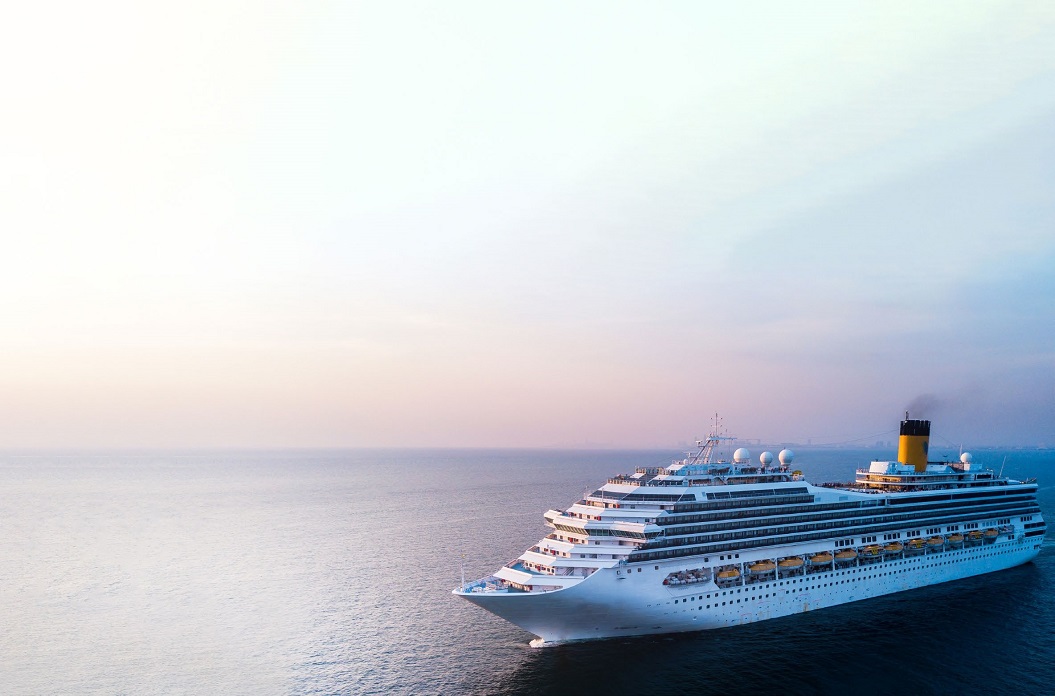Several months have passed now since CLIA cruise line members agreed to voluntarily suspend cruise operations back in mid-March. As the world faced an unknown and unprecedented global health crisis, the cruise industry decided to take immediate and aggressive action based on the information that was available at the time—and has continued to do so every step of the way under rapidly changing circumstances.
As an industry that has effectively taken responsibility for protecting public health on cruise ships for more than 50 years, CLIA ocean-going cruise line members have dedicated their time during the suspension of operations to determine ways to go even further in their efforts to protect the health of passengers, crew and the public.
Their approach is wide-ranging, with a holistic view of COVID-19 safety that entails a door-to-door strategy, beginning at the time of booking through to the passengers’ return home.
As we plan for the resumption of operations, CLIA and its cruise line members continue to actively engage with our partners at the local, national and international levels to facilitate alignment. In the UK, CLIA has been very appreciative of the cooperation and collaboration between representatives from across the maritime sector, UK Government and national health authorities to discuss challenges and help develop protocols.
Thanks to this collaborative approach, the UK cruise industry has been able to develop framework documents for cruise ship operators which outline new measures to be implemented to enhance public health protection. The rigour and detailed planning that has gone into these framework documents demonstrates the cruise industry’s uncompromising commitment to public health and robust and uniform measures, and we are pleased that the Government has recognised these measures being taken by the cruise industry.
Whilst a set of core global industry protocols and operational enhancements are yet to be finalised, CLIA members have been collaborating to further protect public health—diligently working to finalise new and enhanced health protocols, technologies and sanitation solutions informed by some of the world's leading experts in science and the medical fields in coordination with public health officials, governments and ports.
Globally, CLIA ocean-going cruise line members have agreed to 100% testing of passengers and crew, with a requirement for a negative test, prior to boarding. This policy is mandatory for all CLIA ocean-going cruise line members for the initial restart of passenger service globally and is applicable to vessels capable of carrying 250 or more persons.
Other protocols under consideration include expanded cleaning and sanitation practices for ships and terminals, and comprehensive shipboard prevention, surveillance and response measures that are effective in protecting the safety and health of passengers, crew and the residents of the communities we visit.
Across Europe and other parts of the world, we have started to see a handful of cruise lines implement these strict and robust protocols, and the successful limited resumption now underway gives us confidence that we are on the right course.
Now that these initial sailings have begun effectively with strict protocols, resumption of operations in the UK is a critical next step. The cruise industry is a vital artery to our national economy, supporting over 88,000 jobs across an extensive eco-system of a wide range of industries and sectors, from ground and air transportation to food and beverage, lodging, manufacturing, hotels, professional services and a broad range of suppliers and service providers.
The resumption of cruising will serve as an important contributor to fuelling the global economic and societal recovery, and in order to prevent any more jobs from being lost we must work with UK Government to agree the route to restart.
Whilst our industry has been hit hard by COVID-19, I am confident about the future. People love to cruise, and that is part of what makes the cruise industry so resilient in the face of adversity. As we prepare to sail again, a strong cruise community will be critical to supporting the much-needed economic recovery.
Although a fully defined plan for the worldwide resumption of cruising has not yet been finalised, it has been great to see that cruises in some markets have begun to resume in a gradual, phased-in manner on limited itineraries with protocols that are doing what they were designed to do.
Cruise lines will continue to work with ports and destinations so that cruise itineraries are designed with public health considerations and pre-arranged contingency plans as a top priority.
Health and safety will remain at the heart of everything we do, and CLIA will remain actively engaged with our partners at the local, national, and international levels to facilitate alignment and inform cruise industry protocols as we advance through the planning process.
As an industry that is innovative and adaptable, the industry has and will continue to make decisions based on the critical filter of people first, as we work together towards the safe resumption of cruise.


